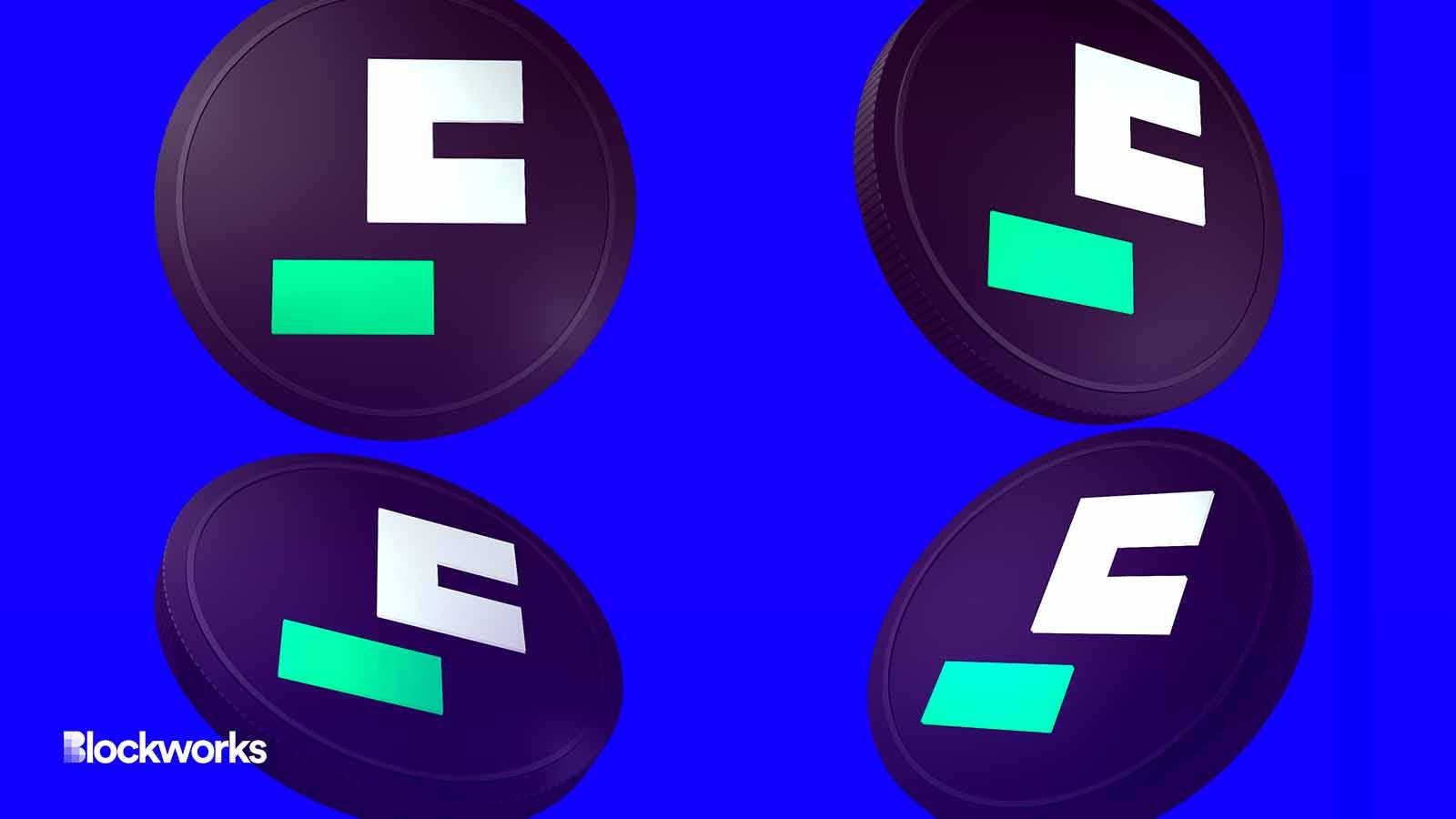Binance preps switch to little-used stablecoin, FDUSD
Binance is preparing to phase out BUSD, but the replacement is struggling to gain on-chain adoption

zidan4ek/Shutterstock modified by Blockworks
Crypto exchange Binance revealed plans on Thursday to sunset its company-branded BUSD stablecoin while simultaneously paving the path for a successor.
While the exchange appears ready to see FDUSD take BUSD’s place, the replacement asset’s on-chain activity remains nearly nonexistent compared to BUSD, which was once among the most dominant stablecoins in the market.
Earlier this morning, Binance wrote on its blog that a number of functionalities relating to BUSD would be deprecated, including “gradually delisting” the entirety of spot BUSD trading pairs, with other functionalities like platform withdrawals planned but currently unscheduled.
The phase out completes a process that began in February 2023, when a NYDFS order halted further BUSD mints from then-partner and issuer Paxos. BUSD’s marketcap has since fallen from a peak of $23 billion to merely $3 billion.
In the announcement, Binance wrote that “users can manually convert their BUSD balances to FDUSD at a 1:1 ratio.” FDUSD’s market capitalization sits just over $350 million, which compares favorably to the size of other recently-launched centralized stablecoins such as PayPal’s PYUSD.
The stablecoin is backed by a new company with a limited history in crypto. As of a month ago, it accounted for merely 60 transactions across both the Ethereum and Binance Smart Chain blockchains.
Today, despite the market cap increase, the on-chain footprint of the asset remains surprisingly slim. According to Nansen data on Ethereum, Binance accounts hold 95% of the circulating supply.
This indicates that the vast majority of the circulating tokens are used by centralized Binance traders as a source of liquidity, rather than by on-chain users. There does not appear to be a DEX pool of any significant size or volume.
By contrast, at its peak, BUSD was by far the most important source of liquidity for the entirety of the BNB ecosystem, often acting as its most active trading pair. While it appears that Binance is preparing FDUSD as a replacement for its centralized liquidity, Binance Smart Chain, for now, is heavily reliant on Tether and other preexisting alternatives.
Get the news in your inbox. Explore Blockworks newsletters:
- The Breakdown: Decoding crypto and the markets. Daily.
- 0xResearch: Alpha in your inbox. Think like an analyst.






